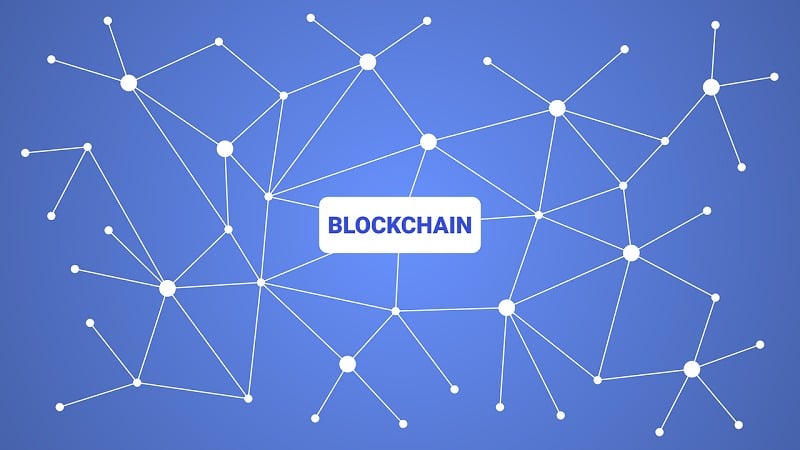What is the concept of Trilemma Blockchain?
The blockchain dilemma is a concept created by Vitalik Buterin that describes a set of three main challenges — decentralization, security and scalability — that developers face when building blockchains, which forces them to sacrifice one of these “aspects” in order to accommodate the others. two.
The prevailing notion is that decentralized networks are capable of offering, at any given time, only two of the three benefits related to decentralization, security and scalability.
However, continuous innovations in the decentralized ecosystem have resulted in a variety of Layer 1 and Layer 2 solutions that are overcoming these challenges to resolve the dilemma once and for all, as follows:
Decentralization. Instead of being managed by a single entity, blockchains share control of the network equally among all participants.
Security. Blockchain networks must have strong defenses that prevent malicious entities from taking over them.
Scalability. Blockchains must be able to support a large number of transactions and users without compromising performance, increasing transaction fees and times.
For some in the industry, achieving all three aspects is an impossible feat, at least in the near future. However, there are ambitious developers who believe that blockchain networks can, in fact, achieve all three and more. An example of a cryptocurrency project that claims to be solving the blockchain dilemma is Algorand.
Blockchain Trilemma: Meaning and Definition
The blockchain “trilemma” is a concept introduced by Vitalik Buterin, the co-founder of Ethereum, that highlights the challenge of simultaneously achieving three key features in blockchain networks: security, decentralization and scalability. According to this notion, a blockchain can offer at most two of these properties at the same time, but not all three perfectly.
Let's look at each of the three components:
- Security: Refers to the blockchain's ability to resist attacks and failures. A secure system must be able to prevent fraud, hacker attacks and operational errors. In the context of blockchain, this also means that transactions are immutable and final once confirmed.
- Decentralization: Decentralization refers to the distribution of power and control across the network. A truly decentralized system does not have a central point of control; instead, power is distributed among its users or nodes that operate the network. On a blockchain, this is usually achieved through a distributed consensus on which version of the transaction history is valid.
- Scalability: The ability of a system to handle a large number of transactions efficiently is called scalability. On a blockchain, this means the ability to process and confirm transactions quickly, even as the number of users and transactions grows.
The trilemma suggests that it is difficult to maximize all three properties at the same time due to technical and design constraints. For example:
A blockchain can be highly decentralized and secure, but this can restrict its scalability (as seen with Bitcoin and Ethereum in their original states).
If a blockchain is highly scalable and secure, it may have to sacrifice decentralization, possibly relying on a smaller number of nodes to validate transactions quickly (like some permissioned or consortium blockchains).
A blockchain can be highly decentralized and scalable, but this can make it less secure, as mechanisms that allow scalability can give up certain security aspects.
Several solutions have been proposed and implemented to address the blockchain trilemma, such as proof of stake, sharding, second-layer networks (such as the Lightning Network for Bitcoin) and sidechains. Each of these solutions seeks to find a more favorable balance between security, decentralization, and scalability, but to date no solution has been universally accepted or capable of fully resolving the trilemma.






